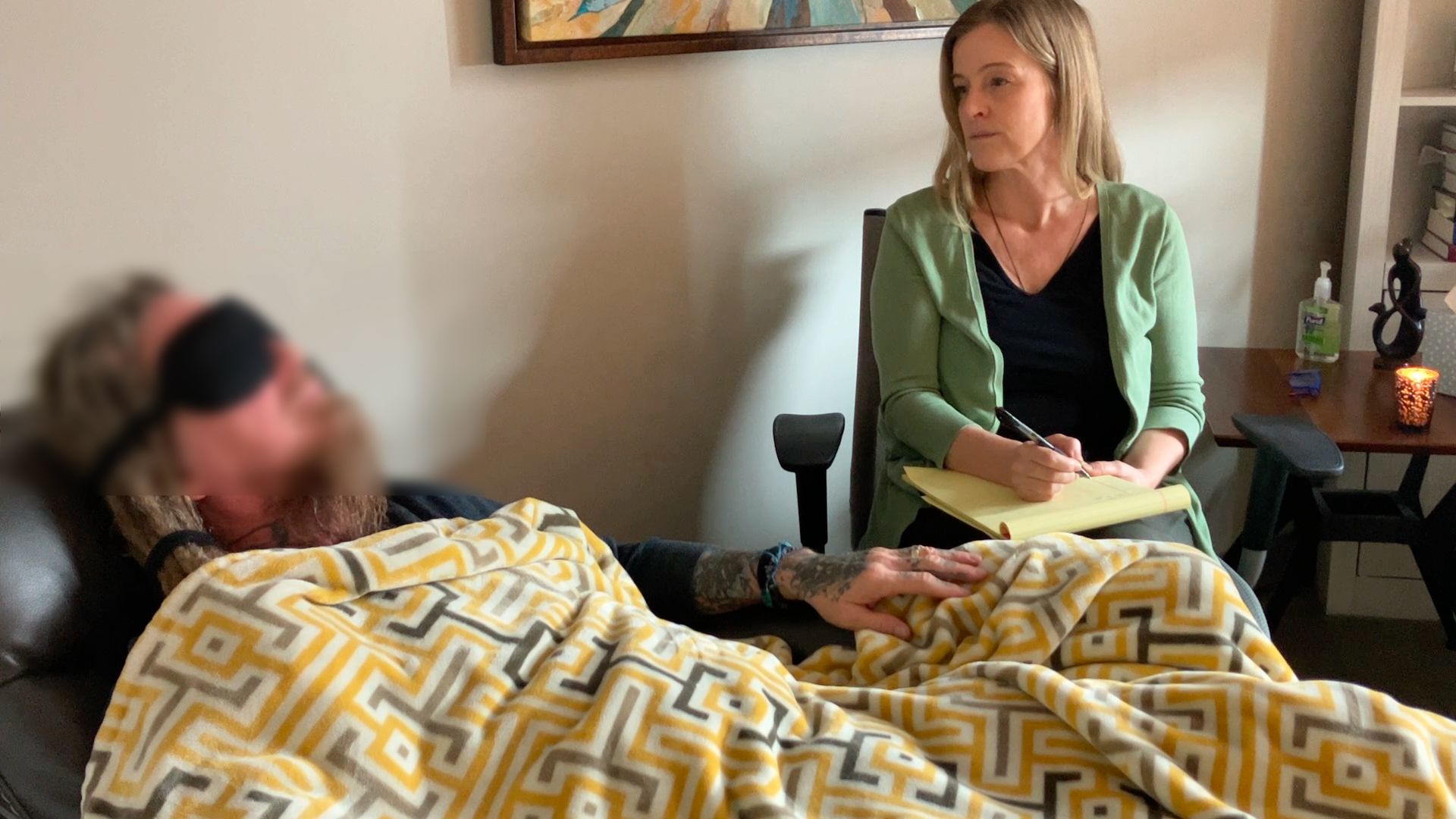
For therapists working with psychedelics.
Case consultation and career mentoring to get you started and keep you on the path.
Book a ConsultationStep in to Your Medicine...
l work with individuals stepping into (or further into) a career in psychedelic-assisted psychotherapy. Usually, my clients see me either for ongoing clinical supervision, provided as-needed for challenging cases, or for career mentoring, where I work as a consultant to help you find your footing in this strange but fascinating calling. I also mentor those who feel a call to something deeper- venturing into the spiritual side of medicine work.
How it works
Sessions are scheduled virtually during 9:00-5:00 EST business hours. Visits are 60 minutes and billed at $300. Payment is through credit card, which will be requested at time of scheduling. We will use the time in whatever way is most useful for you, depending on your needs and goals.


Small group formats
I often work with small groups, who choose to share the cost and to travel through a structured learning process together as a cohort. Bring your own group, or join a waitlist to participate in the next one.

Marci Gleicher, PMHNP-BC
Boulder, CO
"I wanted to reach out to sincerely thank you for the invaluable skills, knowledge and deep wisdom you shared with us through your LMI mentoring group. I've attended several KAP trainings over the years, but I've never felt as aligned with another provider's philosophy and methodology as I have with yours. Your approach is truly unique and has completely transformed my work with clients and collaborating therapists. I am so grateful to you for this gift of a way to conduct KAP that resonates with me more than anything I've previously learned."
Not Sure What You Need?
Maybe you're not in this field but feel an emotional pull towards it. Maybe you're ready to learn but not sure of the best first step. As a former director of a training program, I can point you towards resources with a one-time meeting.
What Topics are covered in Mentoring?
What types of Skills might you learn?
Help with your Challenges Cases
FAQ's
Common Pathways...
These popular options are a great place to start, if you’re not yet sure what you need.
Find Out if I'm a Fit for You
Not sure if this approach is right for you? Book a 30 minute introductory consult. Your card will not be charged until the visit is scheduled.

